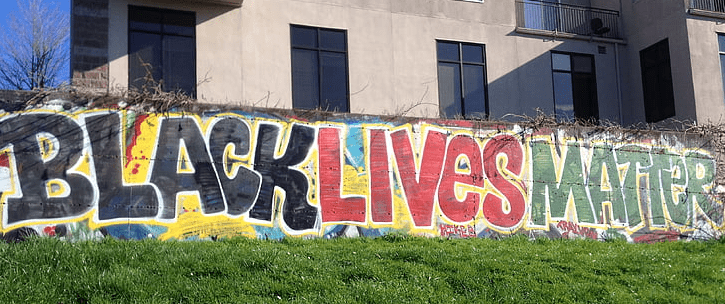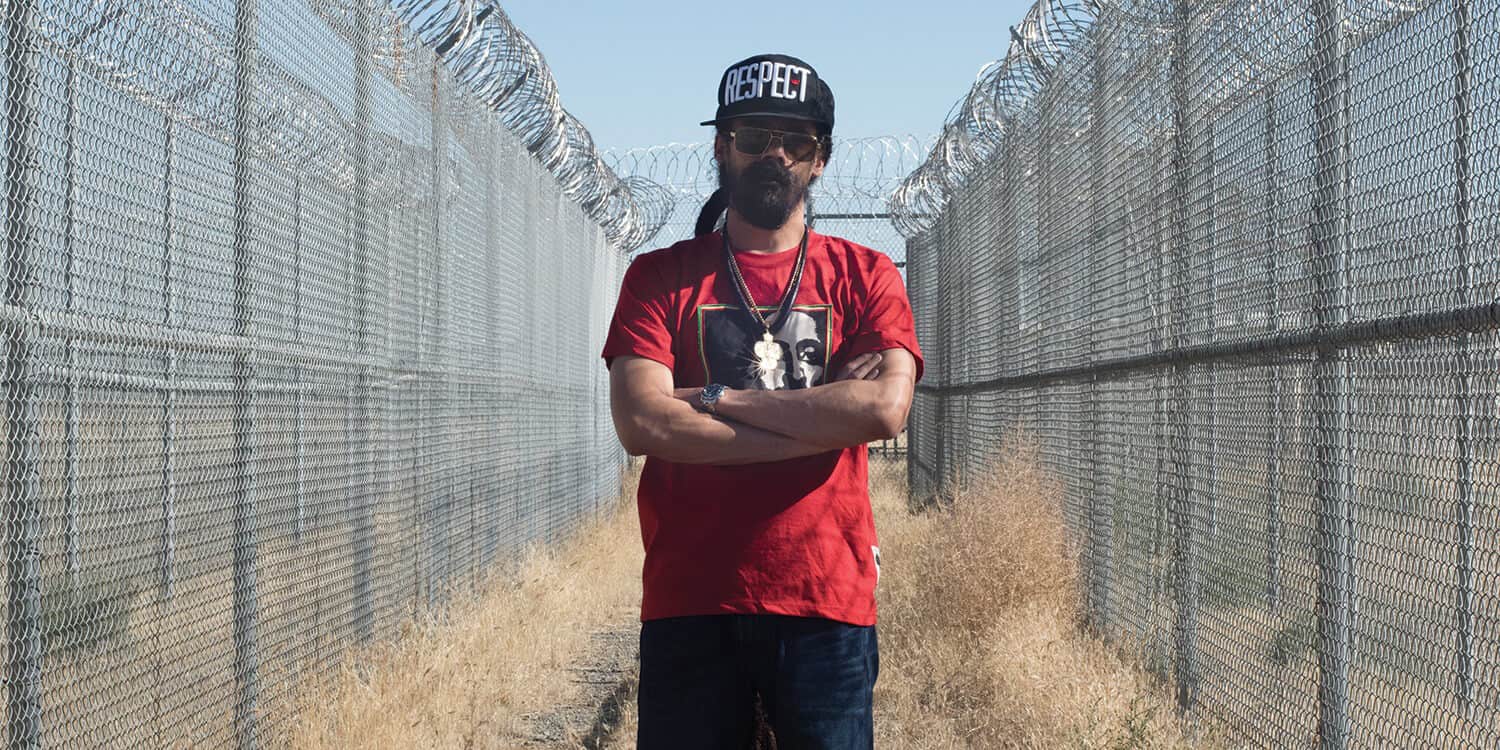Since Black Lives Matter protests took over the streets again in May 2020, every industry has been forced to examine their policies and practices around racial equity.
For the cannabis industry, whose history is rooted in President Nixon’s war on drugs, this examination of racial injustice is complicated and often overlooked by contemporary cannabis professionals. The Black Lives Matter movement offers an opportunity for the cannabis industry to examine its history, practices, and policies to move toward a more equitable future.

Black Lives Matter and the Cannabis Connection
At the heart of Black Lives Matter is a plea to end systemic racism. This kind of institutionalized racism leads to injury, incarceration, and death for thousands of black Americans every year.
The movement began in 2013 after the shooting of Trayvon Martin and was revitalized in 2020 when millions of Americans took to the streets after George Floyd was murdered by a police officer in Minneapolis. While the Black Lives Matter organization focuses on injustice in law and order, the movement has taken off as an intersectional, decentralized movement that aims to improve the lives of black Americans by addressing injustice in institutions like education, policing, healthcare, and business.
Though black and white people in America use marijuana at roughly the same rate, black Americans are four times more likely to be incarcerated for marijuana possession. In the same study by the ACLU, researchers found that black people in Washington D.C. were 11 times more likely to be arrested for public use of marijuana than white people. Despite widespread legalization of recreational and medical marijuana, there’s still a racial divide between who can and cannot safely use and sell cannabis in America.
Lasting Consequences of the War on Drugs
Most of the issues around race and cannabis-use originate with Nixon’s war on drugs. The former president’s attempt to eliminate the illegal drug trade in the United States led to widespread conviction and incarceration of predominantly non-white Americans. Those convicted of drug crimes face longer sentences, discriminatory sentencing practices, and struggle to find work and housing after release.
In a 1994 interview with Dan Baum of Harper’s Magazine, John Ehrlichman, Assistant to the President for Domestic Affairs, admitted that the Nixon administration targeted and arrested leaders of black communities:
“The Nixon campaign in 1968, and the Nixon White House after that, had two enemies: the antiwar left and black people. You understand what I’m saying? We knew we couldn’t make it illegal to be either against the war or black, but by getting the public to associate the hippies with marijuana and blacks with heroin, and then criminalizing both heavily, we could disrupt those communities. We could arrest their leaders, raid their homes, break up their meetings, and vilify them night after night on the evening news. Did we know we were lying about the drugs? Of course we did.”
While the majority of states have legalized marijuana, many Americans are still incarcerated for marijuana-related convictions. The National Center for Drug Abuse Statistics reports the following 2019 statistics:
- 8.6% (1,753) of all federal drug convictions were marijuana-related.
- 81.7% of convicted marijuana traffickers were either black or Hispanic, while 13.4% were white.
- 7% of all state prison inmates were behind bars for marijuana possession only.

Damian Marley, board member of Last Prisoner Project
But the legalization of marijuana doesn’t mean that prisoners walk free, even in recreational states. The Last Prisoner Project is a non-profit organization based in Colorado that focuses on freeing prisoners convicted of marijuana charges, expunging their records, and supporting them as they re-enter society. The Last Prisoner Project makes the inequity between prisoners and cannabis companies clear:
“Imagine sitting in a cell for years, decades, or even for life, convicted of an activity that is no longer a crime, while thousands of other people build intergenerational wealth doing exactly the same thing.”
As cannabis entrepreneurs make money in an industry previously defined by the incarceration of black Americans, it’s important to think about how to spread wealth and opportunity with minority groups.
Supporting Black Business Owners
In 2017, only 4.3% of marijuana businesses in the United States were owned by African-Americans. Though that has improved slightly in the last few years, the inequity in the cannabis industry is clear.

Pure Oasis co-owner Kevin Hart, front left, with staff and customers (AP Photo/Steven Senne)
Massachusetts, for instance, sought to address these inequities when passing marijuana legislation by designing a social equity program that would allow cannabis business applicants to state that they were harmed by the war on drugs. Because of this program, Pure Oasis became the first recreational marijuana dispensary in Boston and the only black-owned dispensary in the state.
Interested in supporting cannabis and CBD businesses owned by Black Indigenous People of Color (BIPOC)? To amplify these voices in the industry, browse this list of black-owned businesses.
Stand With Us for Black Lives
Ultimately, the road to equity in the cannabis industry is a long one. Knowing the historical connections between Black Lives Matter and the cannabis industry is a vital step toward righting past wrongs and improving the racial and economic health of the industry for years to come.
Here’s what we’re doing at Cannabis Creative Group and how you can support the Black Lives Matter movement, which is a blog post that includes the following information:
- Resources you can learn from
- Organizations you can donate to
- Petitions you can sign
- Places you can call and email
